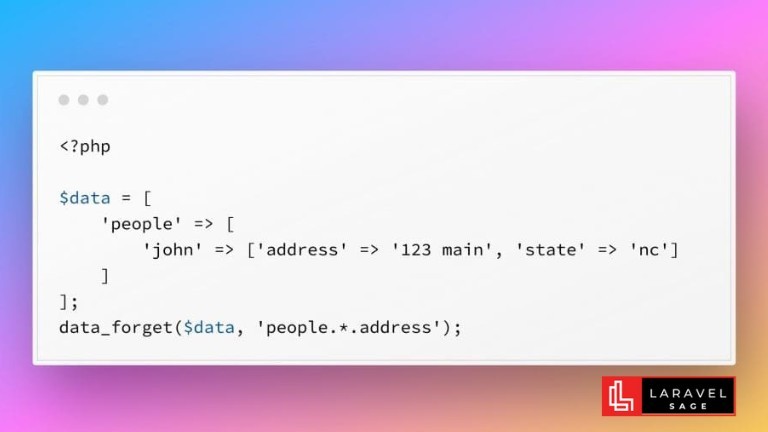
data_forget Helper for Laravel
Since Laravel version 10.15, there is a new utility function called data_forget that allows you to remove keys from an array or object using a "dot" notation.
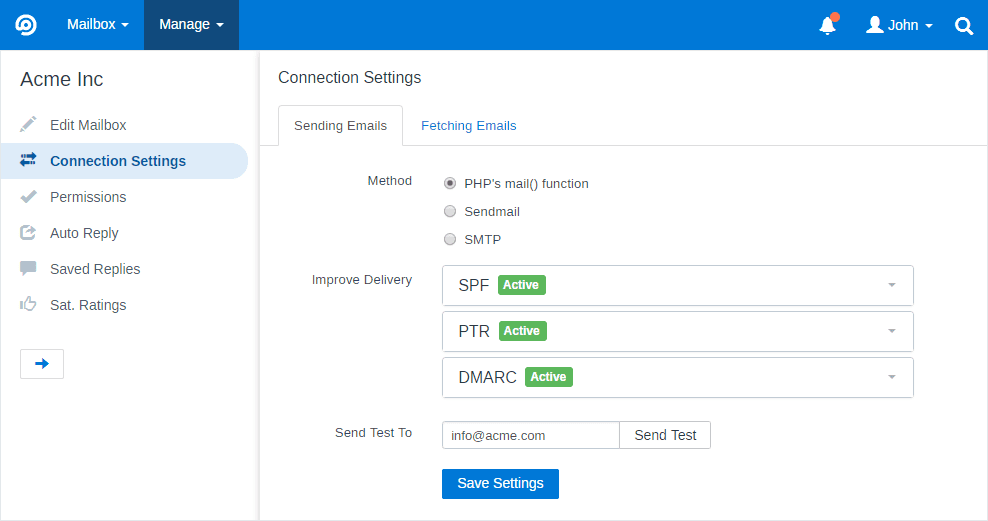
Laravel Helpdesk Freescout is an ultimate open source helpdesk solution. In the current rapidly-moving business landscape, delivering exceptional customer support is crucial. Regardless of the size of your company - whether it's a budding startup or an established corporation - having a reliable helpdesk software can greatly enhance your ability to handle customer inquiries, address problems, and guarantee their contentment.
One such option gaining recognition is Freescout, an open-source solution known for its comprehensive features and adaptability. In this piece, we'll delve into Freescout and offer a detailed guide on setting it up to give your customer support efforts a boost.
Designed to streamline customer support, improve collaboration among support teams, and improve customer satisfaction, Freescout is an open-source helpdesk and shared mailbox software. In addition to email ticketing, knowledge base management, automation, and reporting, it is a versatile tool for businesses of all sizes.
Freescout can automatically create tickets from customer emails, ensuring that all inquiries are tracked and resolved as soon as possible.
Create and manage a knowledge base to provide customers with self-help resources, reducing support requests.
Set up rules and triggers to automate repetitive tasks and ensure tickets are routed to the appropriate agents.
Use shared mailboxes, comments, and internal notes to collaborate with your support team.
With detailed reports and analytics, you can identify areas for improvement in your support operations.
Freescout can be customized to meet your specific business requirements.
It's relatively easy to install Laravel Helpdesk Freescout. Here's a step-by-step guide to help you get started:
This course requires:
A web server (e.g., Apache or Nginx) with PHP and MySQL support.
Composer installed on your server.
A domain or subdomain to host Freescout.
SSH into your server and navigate to the directory where you want to install Freescout. Then, clone the Freescout repository from GitHub:
git clone https://github.com/freescout-helpdesk/freescout.gitNavigate to the Freescout directory:
cd freescoutInstall the Composer dependencies:
composer install --no-dev --prefer-distCreate a copy of the .env.example file and name it .env:
cp .env.example .envEdit the .env file and configure your database connection and other settings. For example:
DB_CONNECTION=mysql
DB_HOST=your_database_host
DB_PORT=3306
DB_DATABASE=your_database_name
DB_USERNAME=your_database_user
DB_PASSWORD=your_database_passwordMake sure to set the APP_KEY as well. You can generate a key using:
php artisan key:generateCreate a new database for Freescout using your database management tool or the command line.
Run the following commands to migrate the database schema and seed initial data:
php artisan migrate
php artisan db:seedYou need to configure your web server (e.g., Apache or Nginx) to serve Freescout. Here's an example Nginx configuration:
server {
listen 80;
server_name your-freescout-domain.com;
root /path/to/your/freescout/public;
index index.php;
location / {
try_files $uri $uri/ /index.php?$query_string;
}
location ~ \.php$ {
include fastcgi_params;
fastcgi_pass unix:/var/run/php/php8.1-fpm.sock; # Adjust for your PHP version
fastcgi_param SCRIPT_FILENAME $document_root$fastcgi_script_name;
}
}Make sure to adjust the paths and PHP version according to your server setup.
Freescout uses cron jobs for background tasks. Add the following cron job to your server's crontab:
* * * * * php /path/to/your/freescout/artisan schedule:run >> /dev/null 2>&1Visit your Freescout domain in a web browser (e.g., https://your-freescout-domain.com) to access the admin dashboard and start configuring your helpdesk.
That's it! You've successfully installed Freescout from its GitHub repository. You can now customize and use it to manage your helpdesk and provide excellent customer support.
Complete installation guide can be found on https://github.com/freescout-helpdesk/freescout/wiki/Installation-Guide.
Interested in exploring more open-source solutions? Check out our overview of Open-source Email Packages and tutorials that can be seamlessly integrated with Laravel.

Full-stack developer with a knack for Merging creativity with technical expertise for standout solutions.

Since Laravel version 10.15, there is a new utility function called data_forget that allows you to remove keys from an array or object using a "dot" notation.
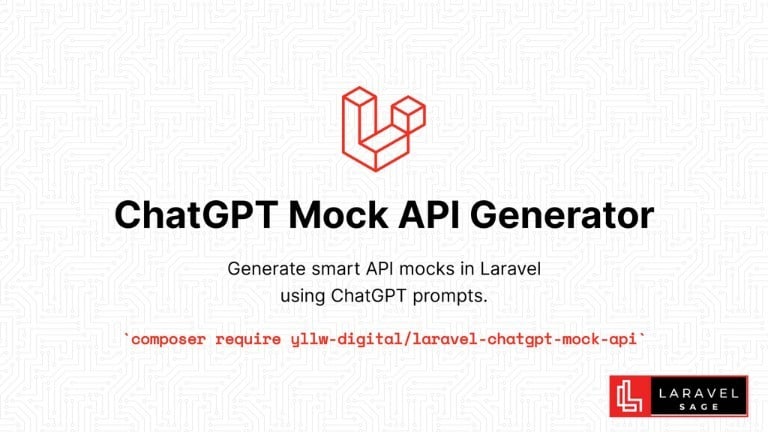
The ChatGPT Laravel API Package Generator package for Laravel generates smart API mocks in Laravel using ChatGPT prompts:
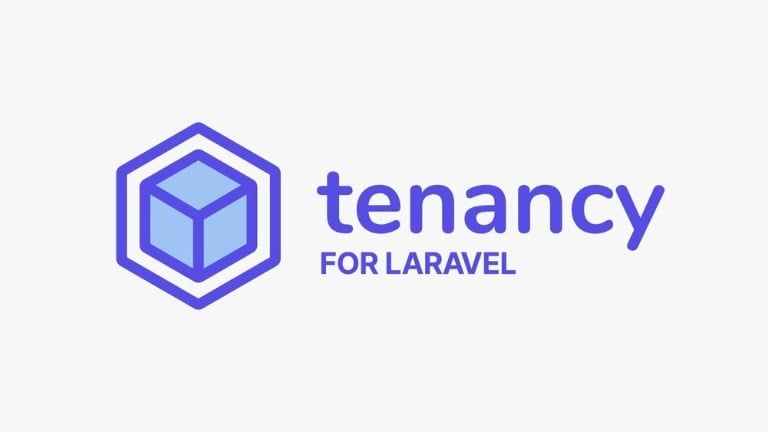
You can make your Laravel app multi-tenant using the Tenancy for Laravel Tenant package. This tenancy package lets you make any Laravel application multi-tenant without rewriting it.
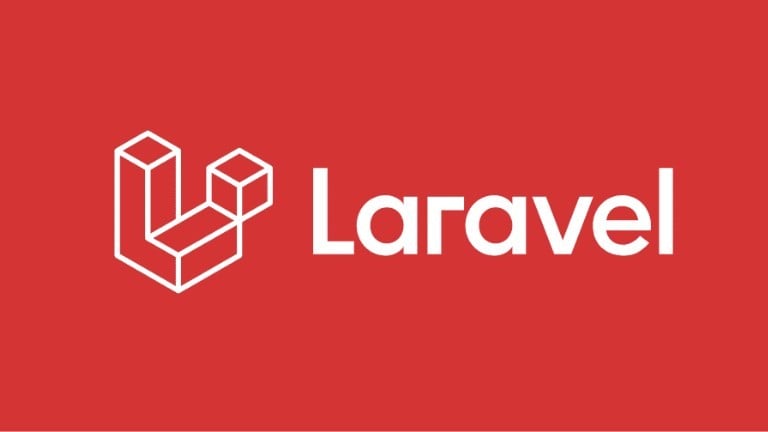
Are you ready to take your Laravel skills to the next level and build extraordinary applications? Look no further! In this blog post, we will unveil a treasure trove of top packages that will revolutionize your development process.
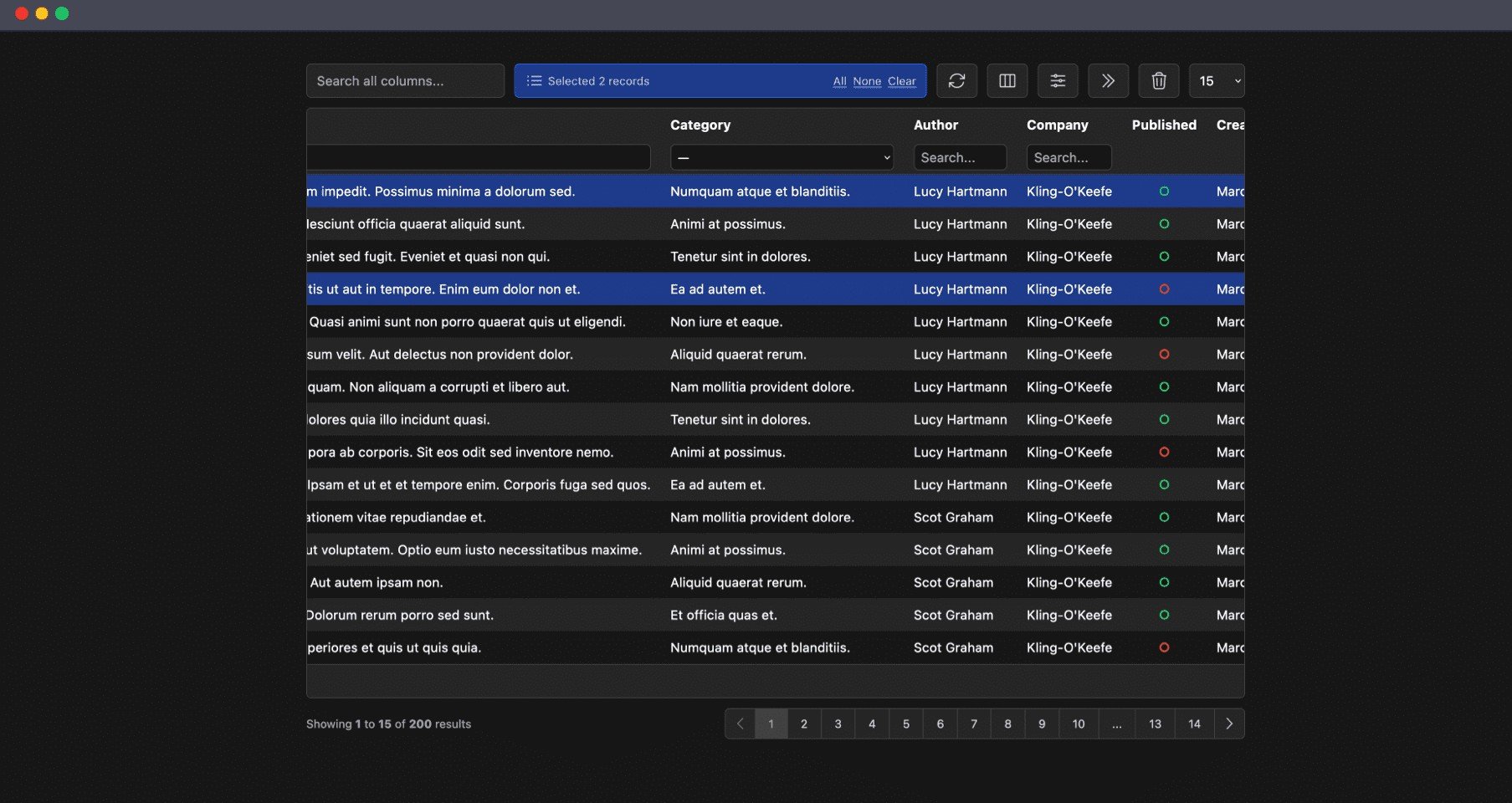
The Livewire Tables package brings dynamic tables for models to Laravel Livewire. These are some of the features which you will get out of the box:

ImageMagick is a powerful tool for image manipulation, and integrating it with PHP can enhance your web development projects.
Subscribe for 20+ new Laravel tutorials every week
You can unsubscribe at any time. You'll also get -20% off my courses!